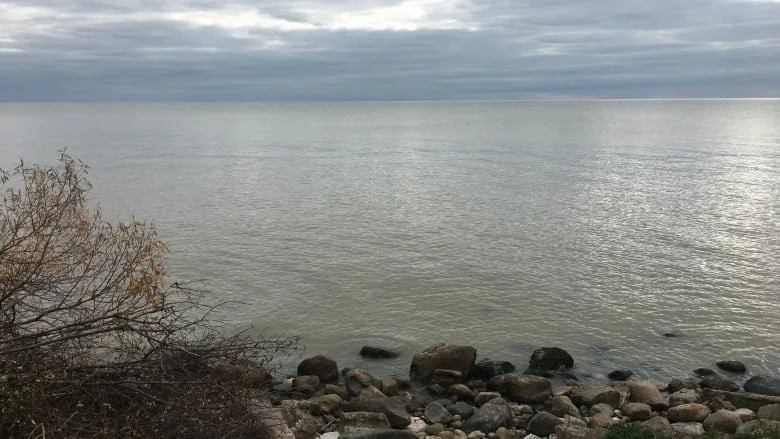A group of women in Pine Grove Correctional Centre are on hunger strike over alleged poor living conditions at the jail. Faith Eagle said she initially began the strike on Oct. 31 as a ceremonial fast for an inmate in the Saskatoon Correctional Centre, who she says can't visit his daughter in hospital. The fast escalated to a hunger strike against poor conditions, she said, including the quality of drinking water.
More people may join ongoing hunger strike at Sask. women's jail, advocate says
Drinking water tested: The quality of drinking water was another concern for the inmates participating in the hunger strike. Eagle said last month the water smelled and tasted so bad she was boiling it, Maier said on Thursday. According to the provincial Ministry of SaskBuilds and Procurement, which manages and maintains provincial government buildings, the water at Pine Grove was tested and sent to a Saskatchewan Research Council lab for analysis on Oct. 5. A total of 30 tests were done, and officials on-site did not detect any unusual odour or taste in the water, the ministry said in an email to CBC on Friday.
Windsor engineer worried about climate change's impact on water quality in the Great Lakes
A Windsor-based engineer said climate change is taking a toll on the health of the Great Lakes and this could in turn have an impact on the quality of drinking water for millions of people. Saad Jasim, who is also president of the International Ozone Association, said the impact of climate change on the Great Lakes is quite visible in the form of harmful algal blooms. "But it's not just the way it looks, these algal blooms produce some fatal toxins … there are different species of those toxins [and] unfortunately only one of the species is regulated by Health Canada," Jasim told CBC Windsor.
Will your vote help to protect the environment?
Canadians could be encouraged by the existence of the Canadian Environmental Protection Act (CEPA). When it was enacted in 1999, the legislation was forward-thinking and ambitious. It lay the groundwork for a sustainable society, supported by enforceable regulations to implement some lofty ideals. CEPA makes it possible to protect biodiversity, the quality of drinking water, and human health from hazardous chemicals. It also encourages the sustainable practices of a “circular economy.”





